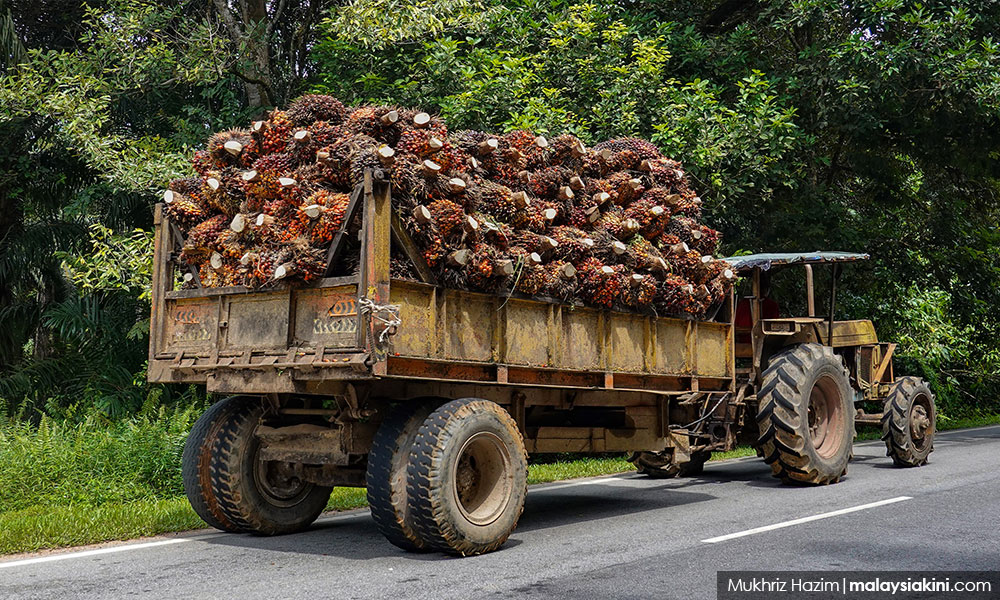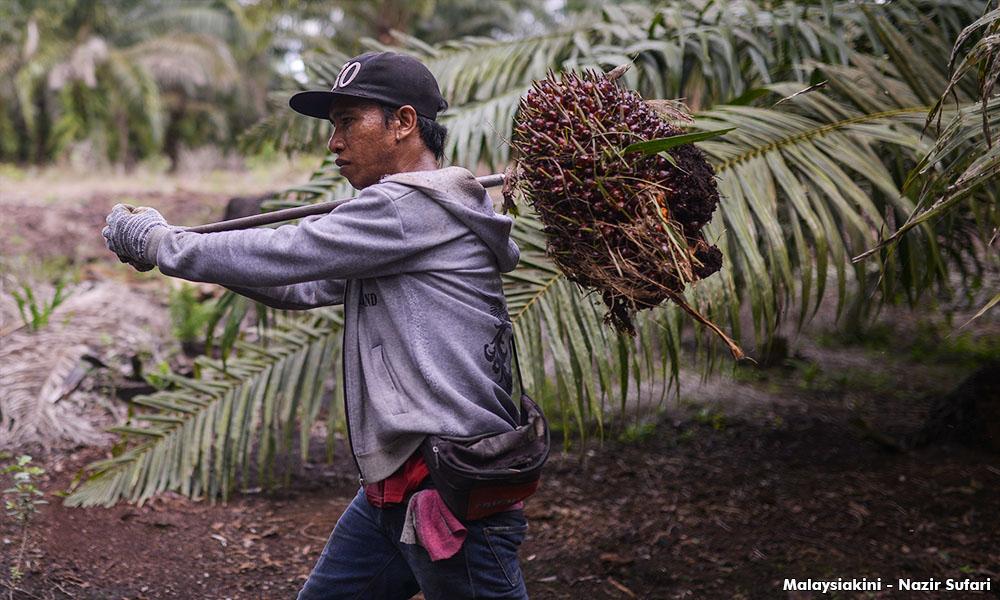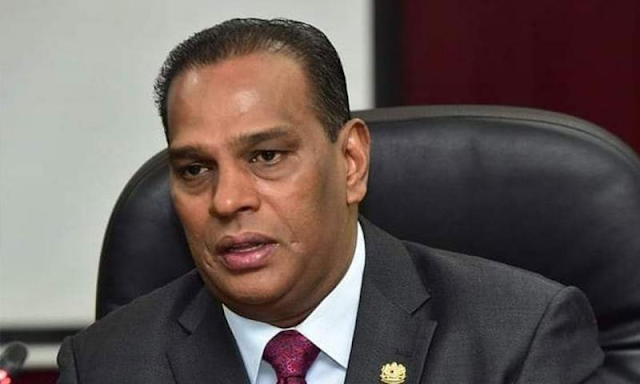Human Resources Minister M Saravanan denied knowledge of any case of Malaysians being kept in debt bondage in the country but said he would investigate any allegations that are put forward.
He said this after being asked about claims of workers being treated like slaves in a smallholding oil palm plantation in Bahau, Negeri Sembilan.
“Complaints like poor roads and insufficient water supply exist, but not abuses like what happened in Selancar,” he told Malaysiakini, referring to horrific cases discovered in Felda Selancar Ampat back in 1983.
On May 3, Malaysiakini published Suaram’s investigation of a Malaysian man’s allegation of servitude to the contractor managing the Bahau plantation, until his RM3,500 debt was settled.
Suaram executive director Sevan Doraisamy said Muthu (not his real name) alleged his experience at the plantation included degrading verbal abuse, harsh beatings, long hours of work that spanned up to 14 hours a day, restricted movements and low wages with no accountability of payments.
The victim has since lodged a report at the Bahau police station, but no action has been taken.
Serious about forced labour
Malaysian Palm Oil Association (MPOA) chief executive officer Mohamad Nageeb Wahab agreed that while there were possibilities of Malaysians falling into such bonded labour traps, the problem was not systemic.

“It does not continue to happen,” he said.
In addition to that, Nageeb explained that checks and balances available were not foolproof against abuse of the labour force.
Referring to Malaysia’s recent ratification of the International Labour Organisation Protocol 29, which is a protocol to its Forced Labour Convention, Nageeb said the onus fell on the Human Resources Ministry to ensure that such labour abuses are addressed.
“But the Labour Department did not have the resources to cover all the plantations, which are just one sector under its purview,” he said.
Nageeb suggested that the Malaysian Palm Oil Certification Council should be roped in with the authority to revoke the licences of plantations involved in such abuses.
Plantations must have a Malaysian Sustainable Palm Oil (MSPO) certificate that licenses them to operate.
The MPSO standards are operated by the certification council.
Its board of trustees comprise government experts, NGOs, civil society, oil palm industry associations, academics, smallholder associations and research and development (R&D) institutions.
The MSPO is a certification standard that all palm oil growers in Malaysia have to comply with. However, the Malaysian Palm Oil Board is the industry regulator with the authority to revoke licences.
“Without a licence, they cannot buy, produce or sell their crop.
“The certification council can work together with the Labour Department, but it should be given the added authority to revoke licences.
“If there is serious non-compliance found during the surveillance audits, the plantation can lose its licence and this will result in the revocation of the migrant labour quota, among other penalties,” Nageeb said.

Nageeb joined Saravanan in calling for victims to lodge their complaints with the Labour Department and added that the certification council website was another avenue for complaints.
“I advocate this because we have made so many promises in the international arena and our reputation is at stake.
“That’s why we are having so many issues, and with the US Customs and Border Protection taking action.
“I think its high time the minister of human resources was serious about this,” he said.
Smallholders can lose license
In explaining the structure that supported smallholders, Nageeb said licensed dealers who bought the crop from smallholders sometimes provided the added service of transportation of the crop to the mill to which they sold it.
The MSPO certification scheme applies to plantations, independent and organised smallholdings and palm oil processing facilities.
“Dealers also provided other services like collecting the crop from the field, especially from smallholders but, primarily their job was to buy and sell.
“If larger companies were purchasing that crop, they have to check if the seller is certified, otherwise they too could lose their licences.
“The onus is on the dealer to buy the crop from certified sellers and if they infringe on this, the palm oil board is responsible to ensure compliance and can exercise revocation of the licences,” Nageeb explained. - Mkini




No comments:
Post a Comment
Note: Only a member of this blog may post a comment.